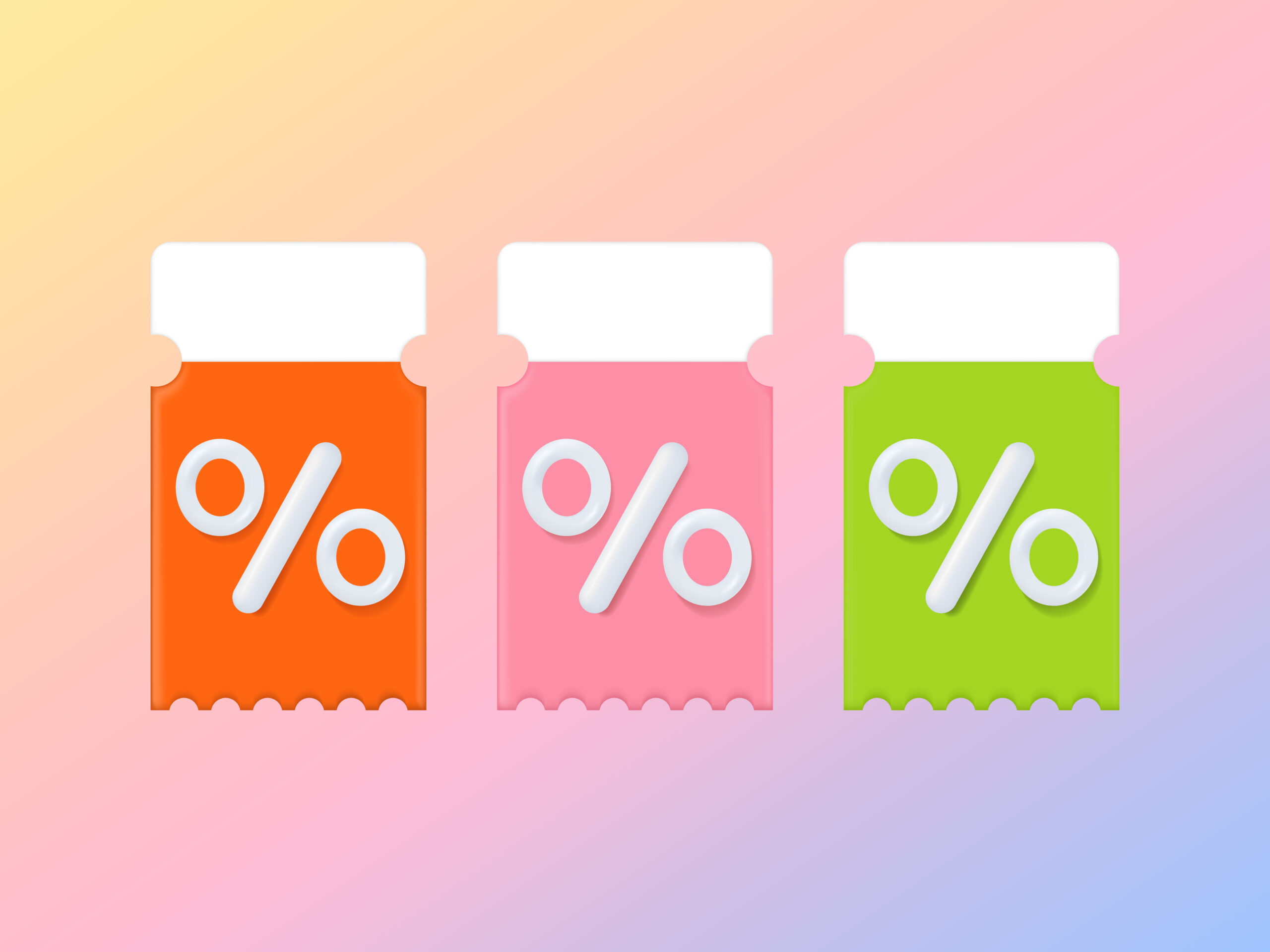Online shoppers love saving money with coupon codes, but not all coupon websites are trustworthy. Some are scams that steal personal data, spread malware, or simply waste your time with fake discounts.
So, how can you tell if a coupon site is safe? As someone who’s tested dozens of coupon platforms (and fallen for a few scams in my early days), I’ll share red flags to watch for and ways to verify legitimacy.
1. Check for HTTPS & Secure Connection
A legitimate coupon site should always have:
“HTTPS://” (not HTTP) in the URL.
A padlock icon in the browser bar.
Why?
- HTTP sites are not encrypted, making them risky for entering personal details.
- Scammers often use fake coupon sites to phish for credit card info.
Example:
- Safe:
https://www.retailmenot.com - Unsafe:
http://freecouponz.net(Fake example – avoid!)
(Learn more about HTTPS from Google’s Security Guide)
2. Look for Real User Reviews & Trust Signals
Before using a coupon site, check:
- Trustpilot (www.trustpilot.com)
- Reddit discussions (e.g., r/coupons, r/Scams)
- Site’s social media presence (Do they engage with users?)
Red Flags
No reviews or only generic 5-star ratings (likely fake).
Complaints about invalid codes or spammy behavior.
Personal Experience:
I once used a coupon site with no reviews and later realized it was stealing cookies to track purchases. Now, I always check Trustpilot first.
3. Avoid “Too Good to Be True” Deals
If a site offers:
- “100% off ANY product!”
- “Unlimited free gift cards!”
- “Generate any coupon instantly!”
It’s a scam.
Legit coupon sites:
Offer realistic discounts (e.g., 10-30% off).
Partner with actual brands (e.g., Amazon, Nike).
Example:
- Legit: “Get 20% off at Adidas with code SPRING24”
- Scam: “FREE $500 Walmart gift card – no survey!”
(FTC warns about fake coupons here)
4. Does the Site Look Professional?
A poorly designed site with:
- Pop-up ads
- Broken links
- Spelling mistakes
…is likely untrustworthy.
Safe coupon sites usually:
Have a clean, professional layout.
Clearly list brand partnerships.
Update codes regularly (not expired ones).
Tip: Use Wayback Machine (archive.org) to see if the site has a long history.
5. Never Download “Coupon Generators” or Extensions from Unknown Sources
Some fake coupon sites push:
- “Download our coupon app for exclusive deals!”
- “Install this extension to unlock secret discounts!”
Danger: These may contain malware or keyloggers.
Stick to trusted extensions like:
- Honey (www.joinhoney.com)
- Capital One Shopping
(Read about fake Chrome extensions here)
6. Test the Coupons Before Sharing Personal Info
Some sites ask for:
- Email signups
- Surveys
- Credit card details
Before submitting anything:
- Try a generic code (e.g., “WELCOME10”).
- If it doesn’t work, the site may be collecting data, not providing real discounts.
Pro Tip: Use a temporary email (like Temp-Mail) to avoid spam.
Conclusion: Where to Find 100% Safe Coupons?
After years of testing coupon sites, I’ve found that not all are scams—but you must be careful. If you want verified, working discounts, I recommend LetsBuyCoupons.
Why LetsBuyCoupons?
Manual verification – No fake or expired codes.
Trusted brands – Amazon, Walmart, Shein, and more.
No shady downloads – Just copy & paste codes.
Unlike random coupon generators, LetsBuyCoupons ensures real savings without risks. Next time you shop, check them out before risking a scam site!

